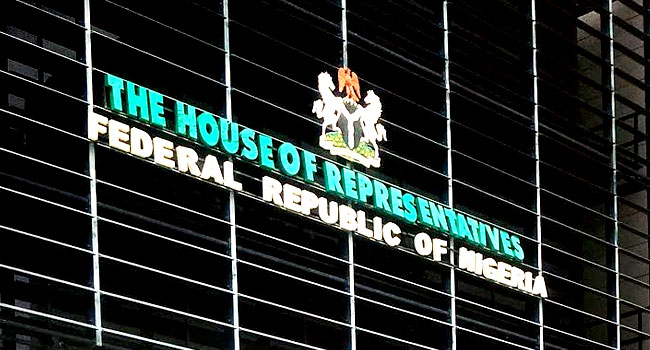By Milcah Tanimu
The call for a transition from the current presidential system to a parliamentary system of government in Nigeria is gaining momentum, with proponents arguing that the existing system is not effectively delivering representative democracy and accountability. Abdusamad Dasuki, a member of the House of Representatives, has been vocal in advocating for this change, citing the need for a more pluralistic and accountable governance structure.
Dasuki highlights the challenges facing Nigeria under the current presidential system, describing it as faulty and prone to abuses of power. He emphasizes the need for a system that allows for greater accountability and responsiveness to the needs of the people, suggesting that a parliamentary system could offer a more effective solution.
The proposed transition to a parliamentary system has been met with support from some lawmakers and prominent figures, who see it as a means to reduce the cost of government and enhance governance efficiency. The envisioned parliamentary setup would involve the election of a Prime Minister and ministers from among elected representatives, fostering a more dynamic and accountable leadership structure.
In this proposed parliamentary system, Dasuki envisions figures like Bola Tinubu, Atiku Abubakar, and Peter Obi playing key roles in the parliament, reflecting a diverse and inclusive approach to governance. The aim is to create a system where leaders are held accountable by elected representatives and can be recalled if they fail to meet the expectations of the people.
Furthermore, Dasuki proposes starting the transition to parliamentary democracy at the local government level, suggesting that local government chairmen should be elected from among ward councillors. This approach seeks to decentralize power and promote grassroots participation in governance.
While the transition to a parliamentary system may face challenges and requires careful planning and implementation, proponents like Dasuki are committed to pursuing this change as a means to address the shortcomings of the current system. By engaging with stakeholders and seeking input from experienced statesmen, they hope to build consensus and support for this transformative shift in Nigeria’s governance structure.

Leave a Reply